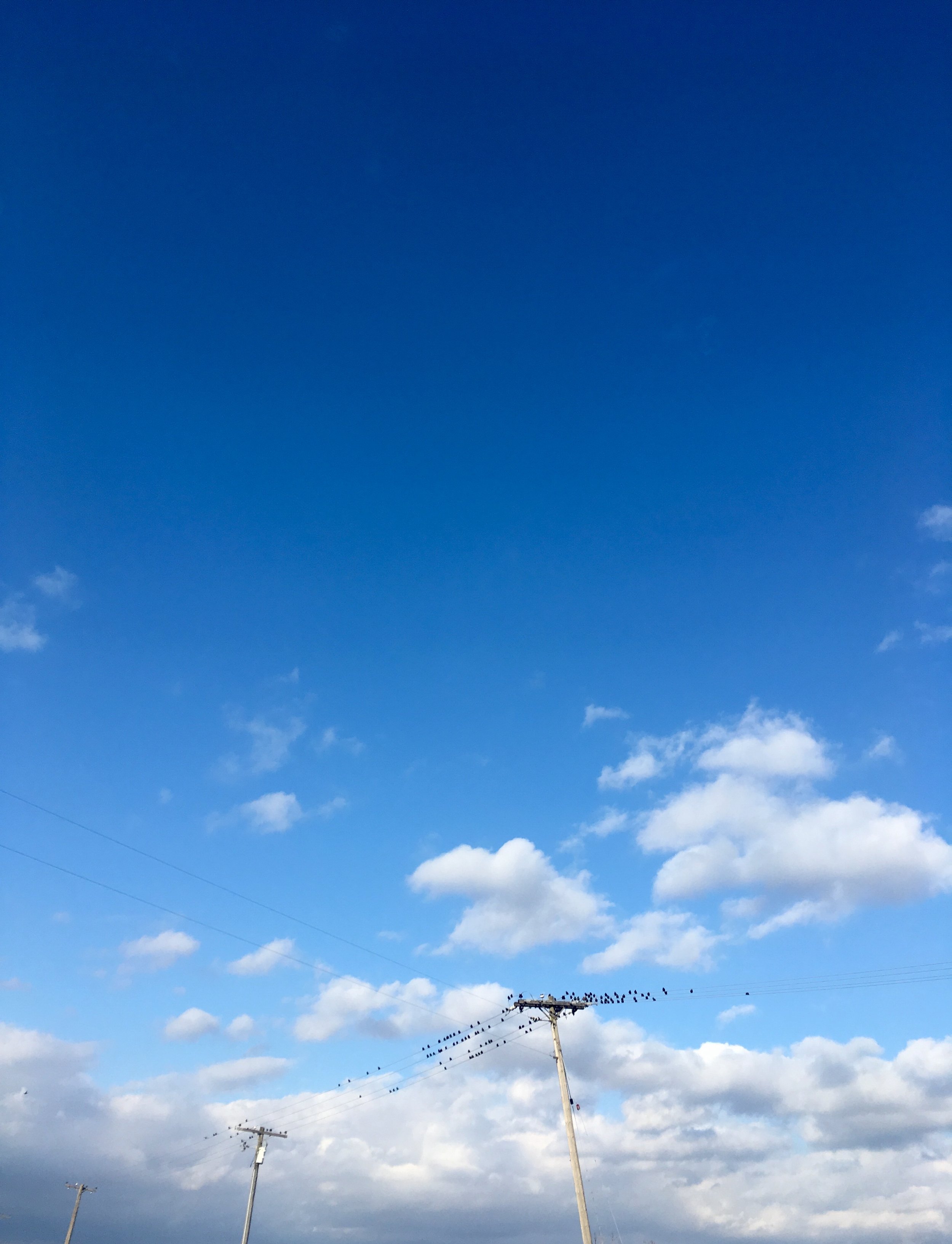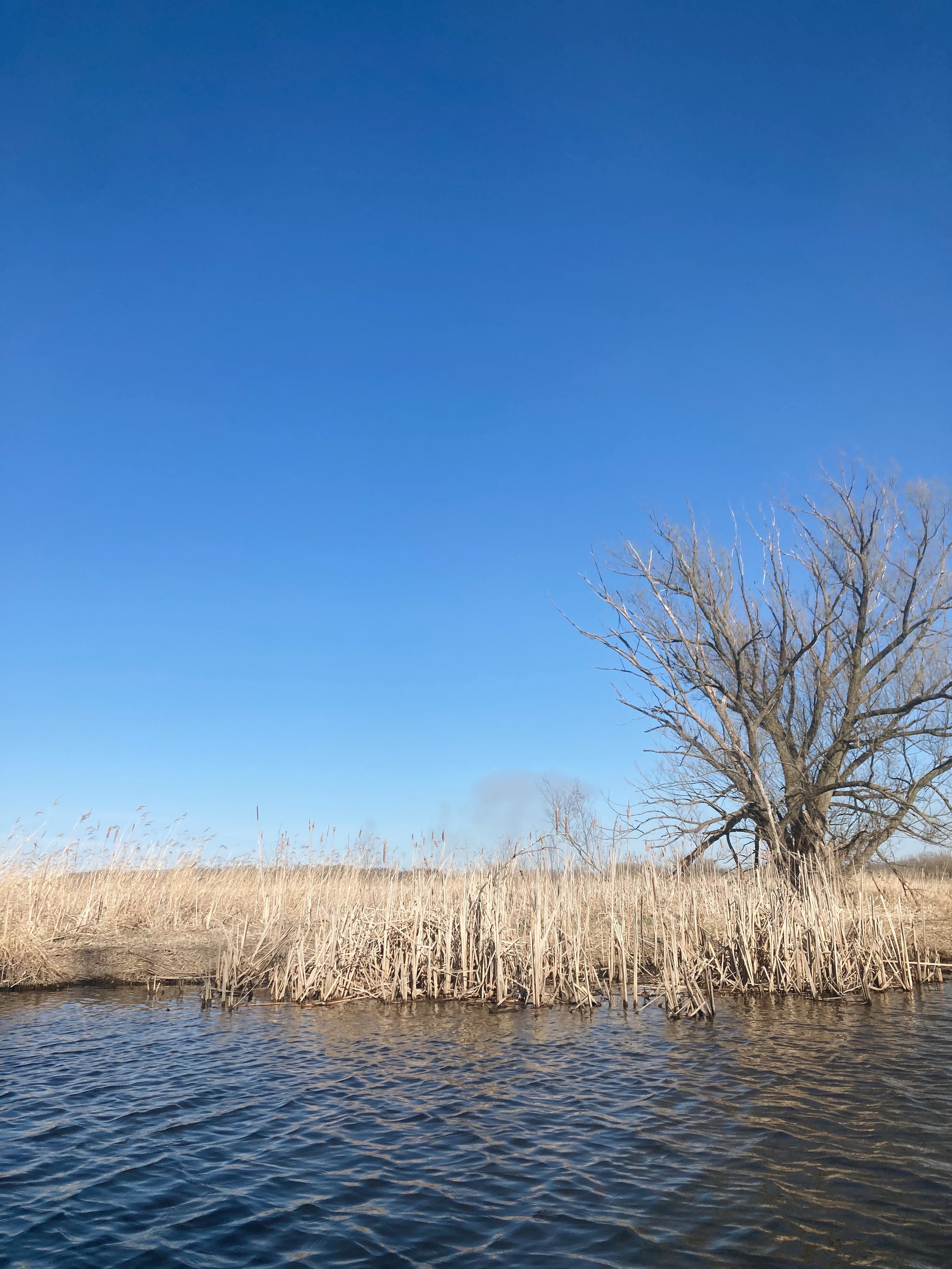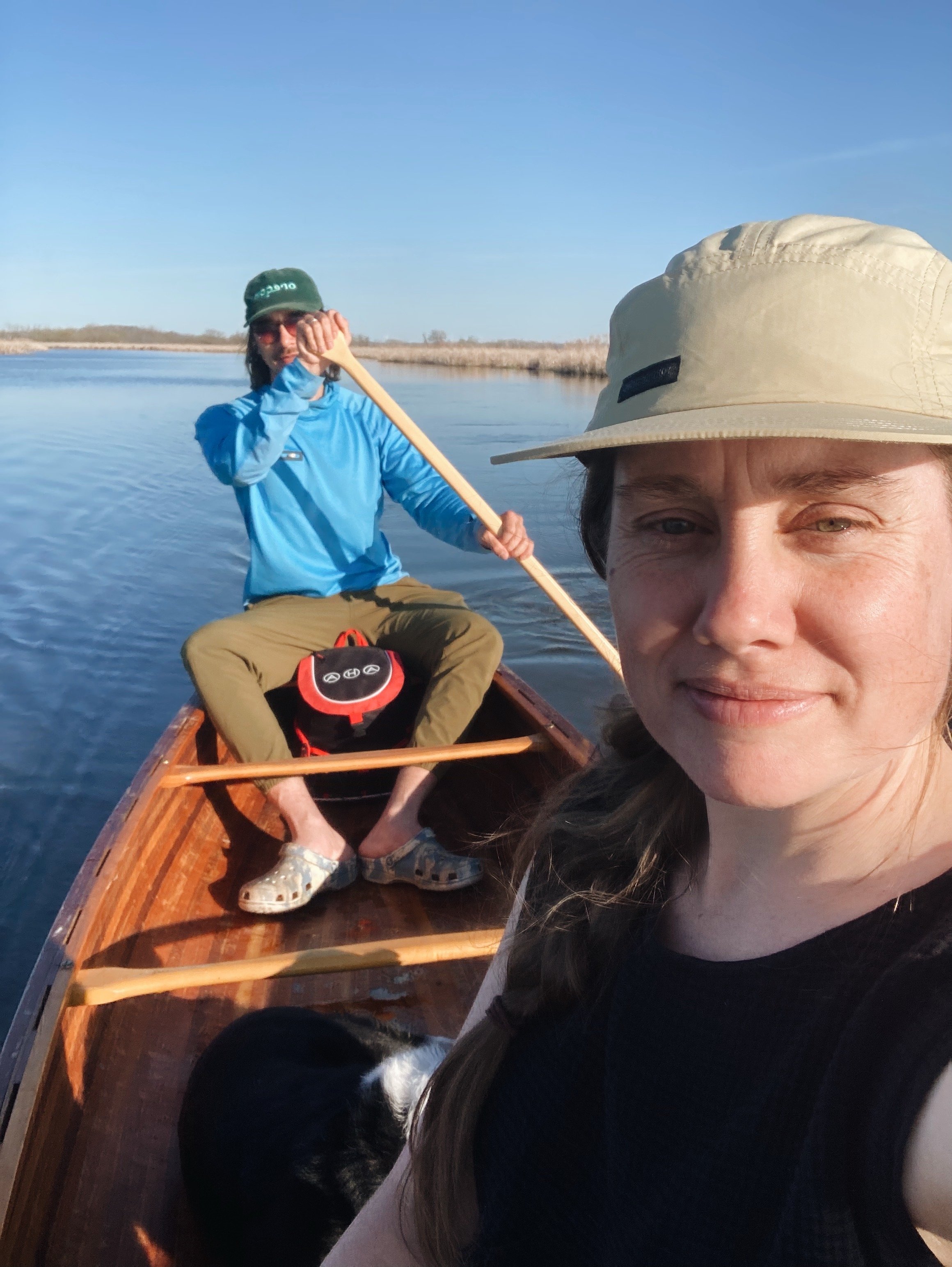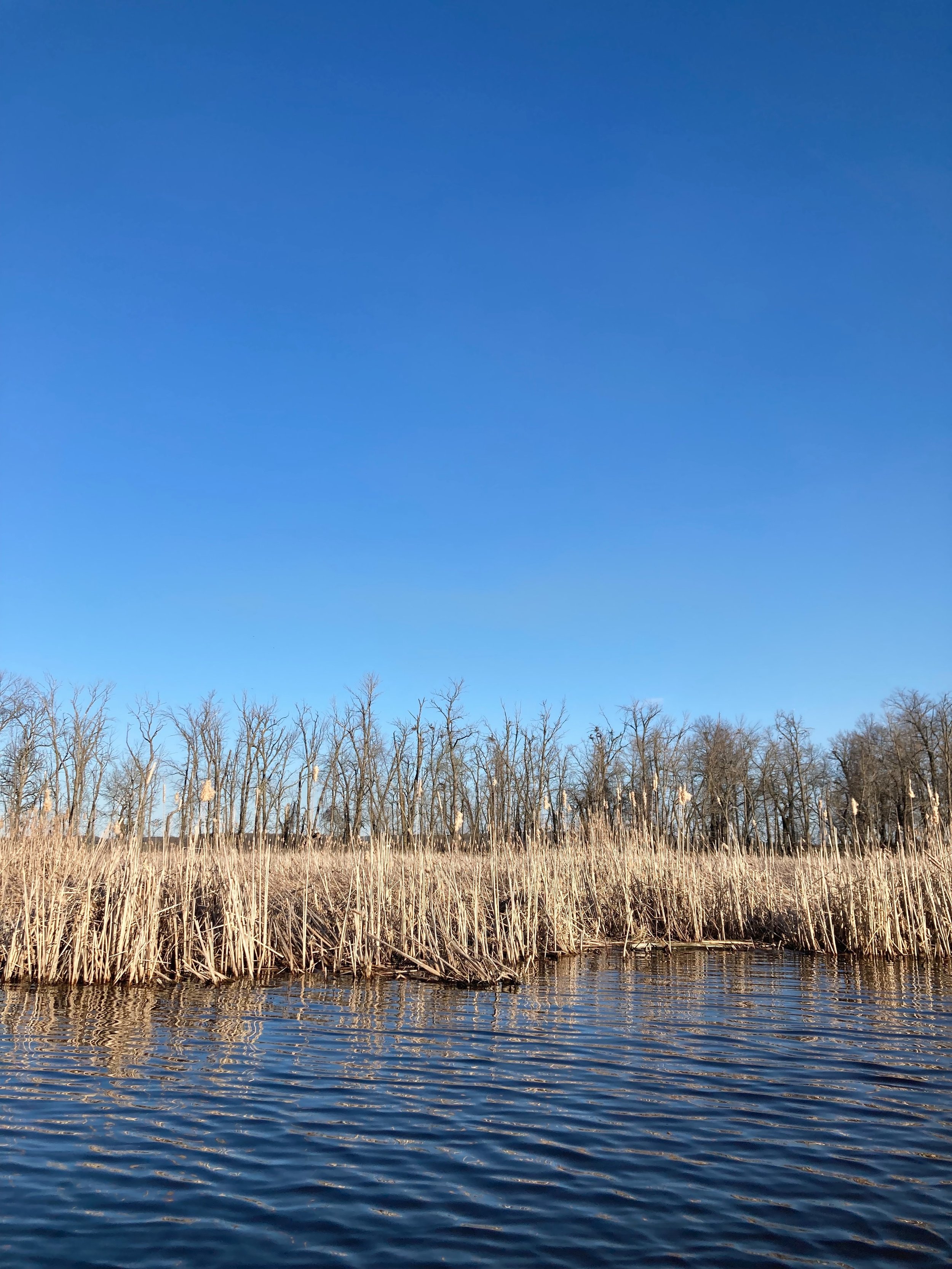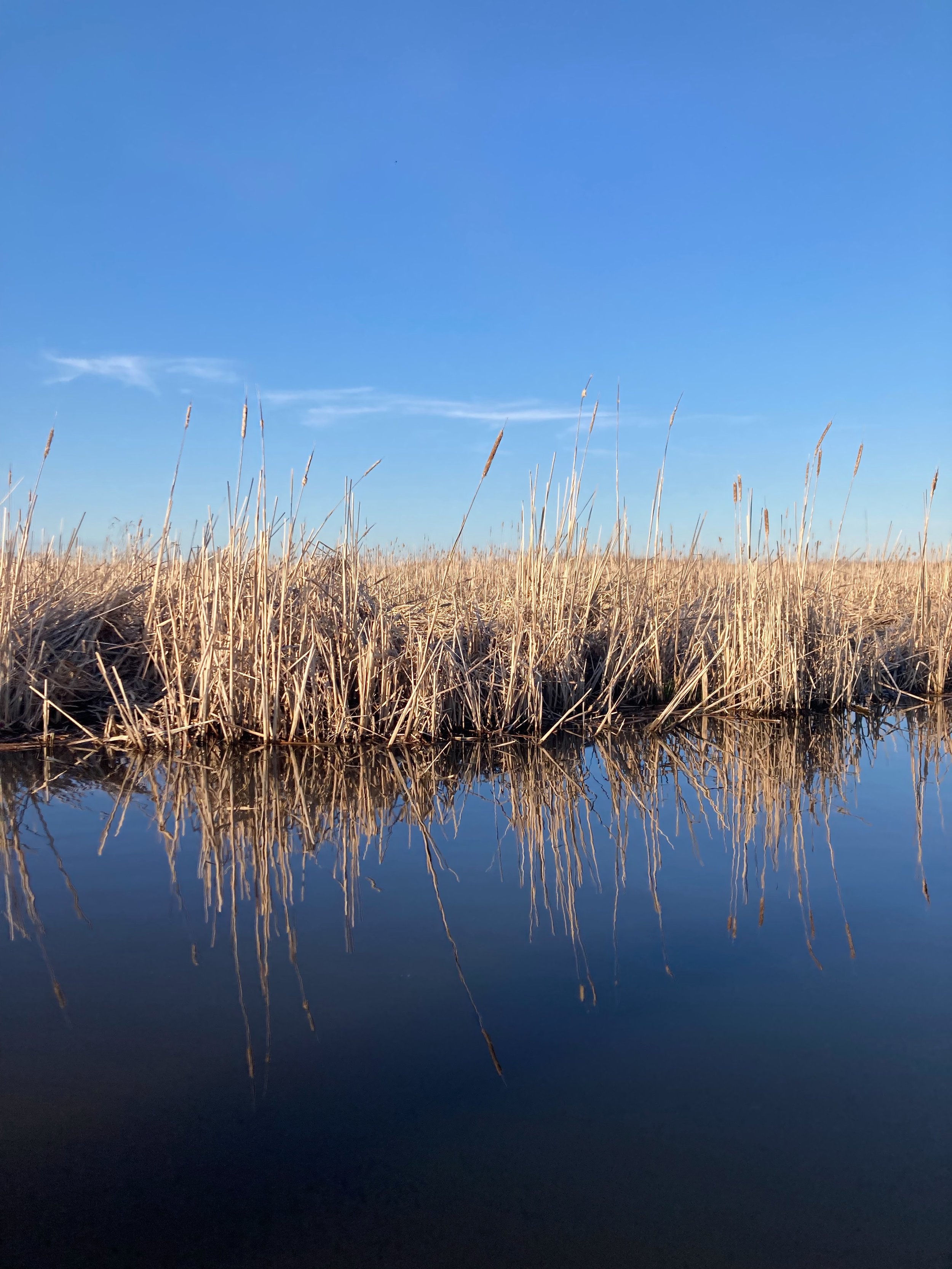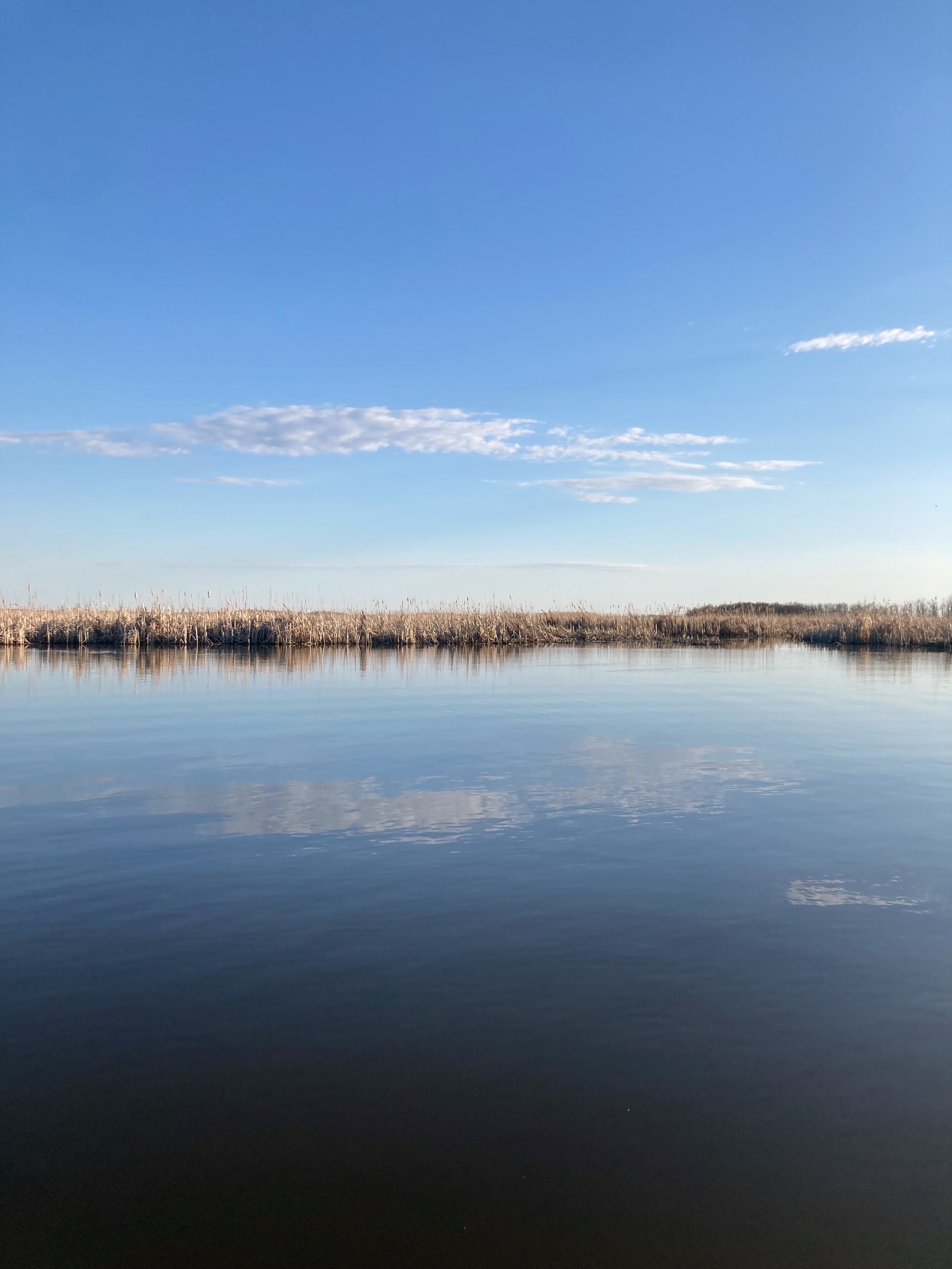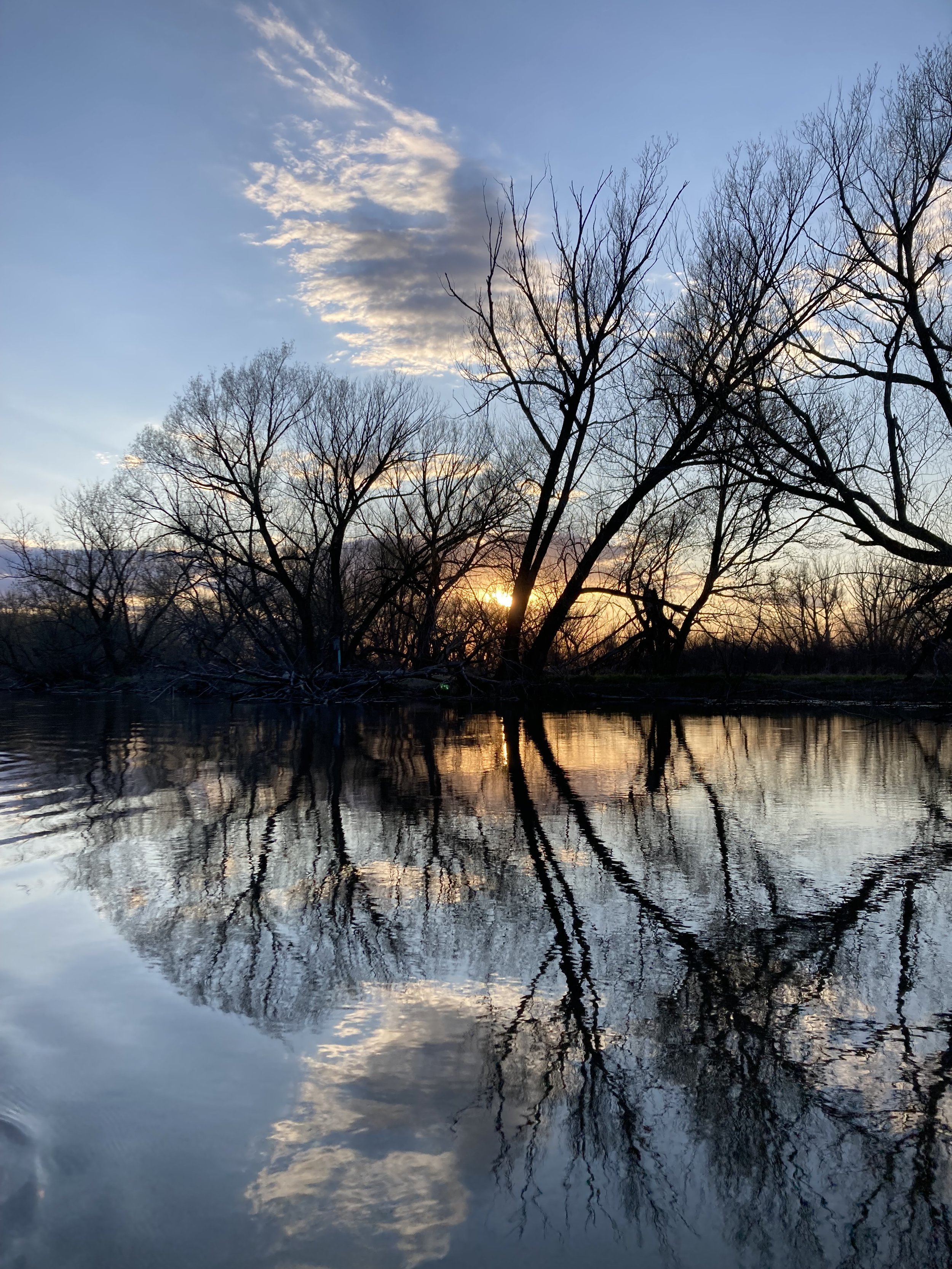earth day
For awhile this morning I contemplated writing something uplifting for Earth Day, but everything seemed to fall flat. The truth is that since moving back home to Wisconsin, I've been confronted by some of the most intense land-based grief I've ever experienced. There's something about living in this semi-rural zone outside of Madison that really puts me face-to-face with the reality of the ecological violence that gets perpetuated on the hyperlocal level as the city expands itself (which seems to be a never ending project). New housing developments where a field once was, miles of trees removed for the construction of a major and heavily contested powerline, old cornfields converted into shopping complexes or storage units instead of stewarded back to prairie or converted into food crops.
It's an incredibly complex thing for me to wrap my head around, and I haven't quite figured out how to talk or think about it. I happen to know some developers/developer-adjacent people very well, and while I don't often agree with them, I do recognize that sometimes development is done with care and out of a real, pressing need, and that there are a lot of good people working at the intersection of urban planning, economic growth, and environmental protection. I understand that and I try to hold as much nuance as I can around it. I also understand that folks sell off their semi-rural and rural land to developers for a number of reasons, often to make ends meet. But when I see a new hole in the ground or a hillside with the trees brutally removed, a million sirens go off in my body—it's jarring when the land is one way one day, and completely erased the next.
My sensitivity around this is often misunderstood by the people in my life so I tend to shut down and go numb, pretending it doesn't matter. But it does and it catches up to me and I start to worry. I worry about the animals and I worry about us and our loss of natural places to enjoy. I worry that no matter how many ecological assessments are undertaken before a new development begins (does this typically even happen around here when the land that's being developed isn't "wild"?), the jobs it's supporting, the convenience of the stores being built, the comfortable homes people will move into, etc., there's still so much that we lose. The loss of plants, trees, animals, birds, insects, the loss of our edgeland ecosystems and wildlife corridors, the loss of beauty.
Underlying any new development is the assumption that it is within our human rights to take from nonhuman beings, especially in places like this—"normal" places. These aren't stunning, pristine wilderness places, they're places that have been altered by human activity for a long time now, places that we for some reason don't value the same way we do "untouched" places. But what if we did? What if before a new piece of land becomes developed, everyone involved paused for a moment and really acknowledged that land, what it's like today, what it was like in the past, what it could be in the future? Its ecological value (even when subtle and mundane), not just its monetary value? How would that change us? How would that change the type of development that gets approved?
I understand that living where I do I'm complicit in all this (at one point my 1970s home was also just a big deforested hole in the landscape), and I grapple with how to navigate my own privilege and the access I have to rural living. I'm not sure theres’ a resolution, only that I'm often jolted into a feeling of anxious sadness—which I think is a good thing. I guess the gift of it is knowing that on the other side of my sadness is the immense love I have for this place and the real sense of belonging I feel here.
But I do wish there was more space to talk about this without the conversation immediately being shut down. I can't tell you how many times it's been implied to me that I'm being unreasonable and too emotional, that “this is just the way the world works,” that people have the right to do whatever they want with the land they own and “who am I to judge." Dane County is expected to grow by 120,000 people by 2040 (that's more than a 20% increase in population), climate change being one of several reasons we're expecting so much growth. And while I want people to have homes here, I also believe there's a way to soften and expand the conversation around growth and suburban development, to make space for the loss that accompanies it, even when necessary. We just so happen to be incredibly imaginative beings and I wonder if we can’t do better for each other and right by our nonhuman neighbors. In the words of Gaylord Nelson, former governor or Wisconsin and the founder of Earth Day, "Our goal is not just an environment of clean air and water and scenic beauty. The objective is an environment of decency, quality and mutual respect for all other human beings and all other living creatures."
One thing I've found inspirational is visiting beautiful places that were more or less destroyed at some point during the last 200 years as the result of European settlement and industry, but have since been restored and are now valued simply for their beauty and ecological importance. One of those places is Horicon Marsh, one of the nation's largest freshwater wetlands. We recently visited and paddled to a well-known Great Blue Heron rookery. It was amazing to float through what felt like endless cattail marsh knowing that not too long ago it was completely decimated. The marsh was was over-hunted in the mid-late 1800s then dammed, raising the water levels by 9 feet and essentially converting the biologically-rich wetlands into an enormous lake. The dam was later removed and the wetlands that did return were diked and dredged, drying up the marsh. What was left of it was destroyed in a catastrophic wildfire, then abandoned altogether by the same communities who so dramatically altered it for their own purposes. Yet with dedicated restoration efforts beginning in the 1940s, it has slowly been restored to one of our state's great wetland wonders.
Nature is incredibly intelligent, and with a little help from us, knows exactly how to return to itself. Often we just need to get out of the way. It’s silly but I find myself humming the tune of “Spinning Wheel” by the American jazz rock band, Blood, Sweat & Tears. “What goes up, must come down.”
